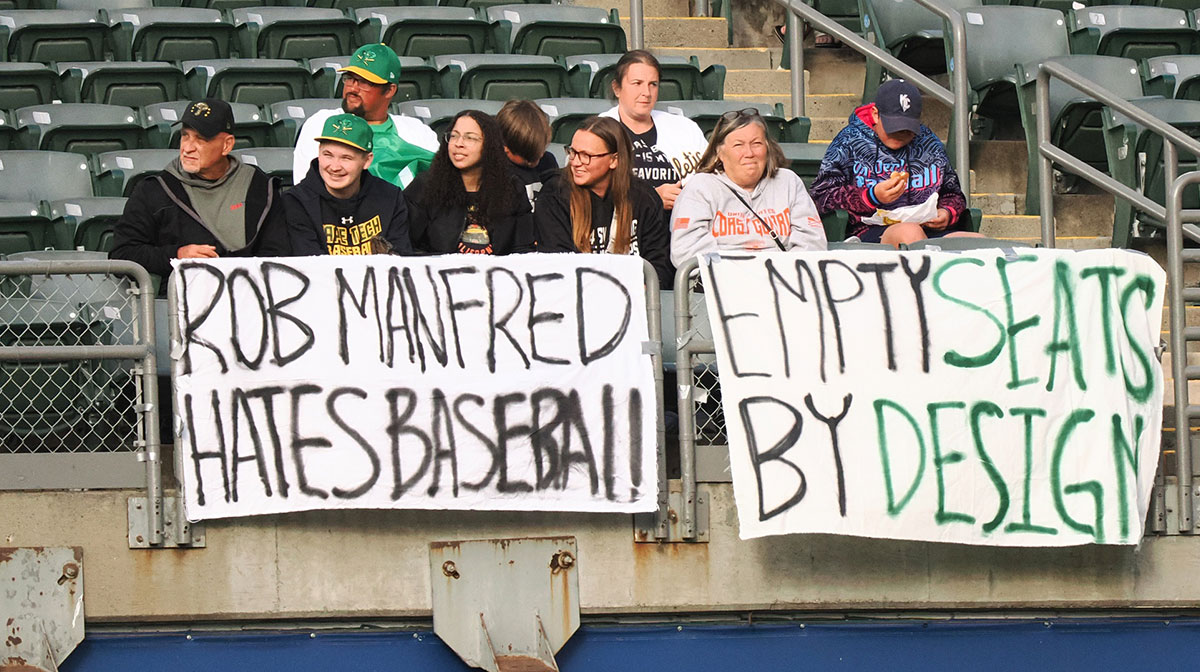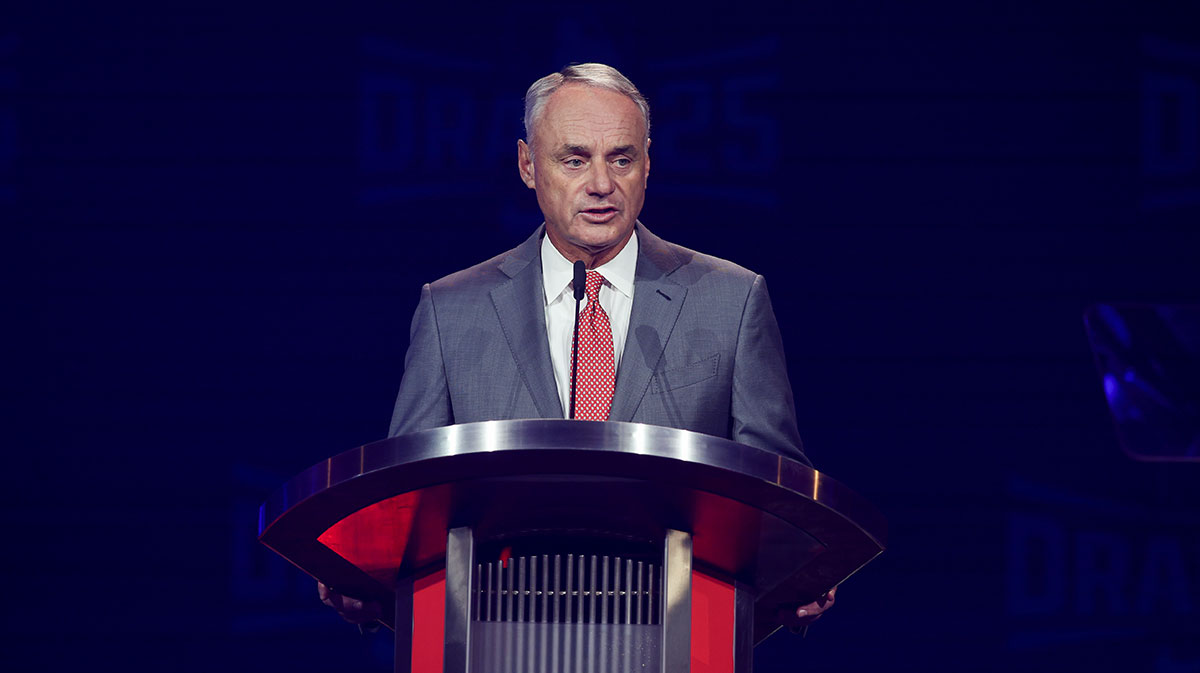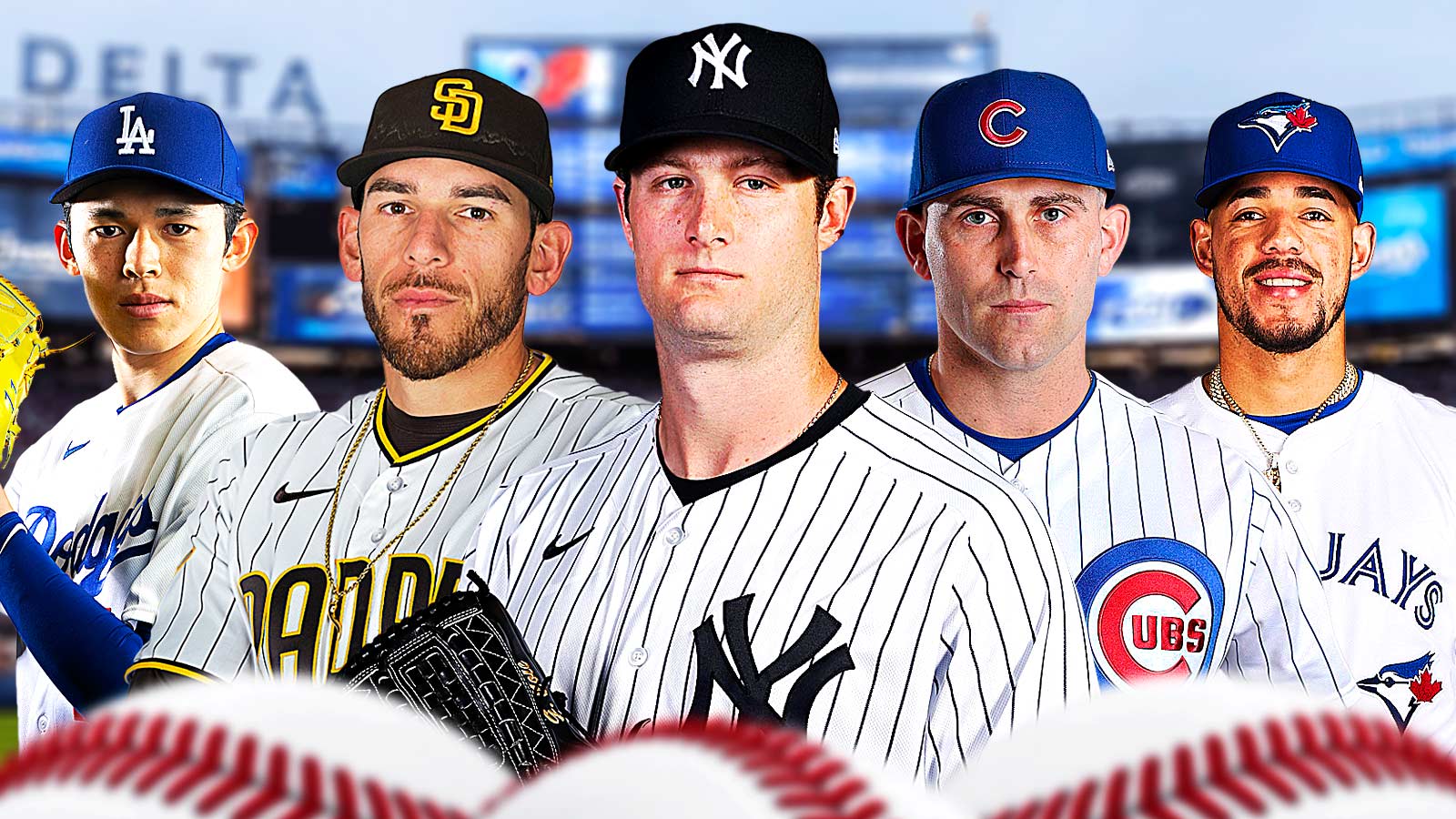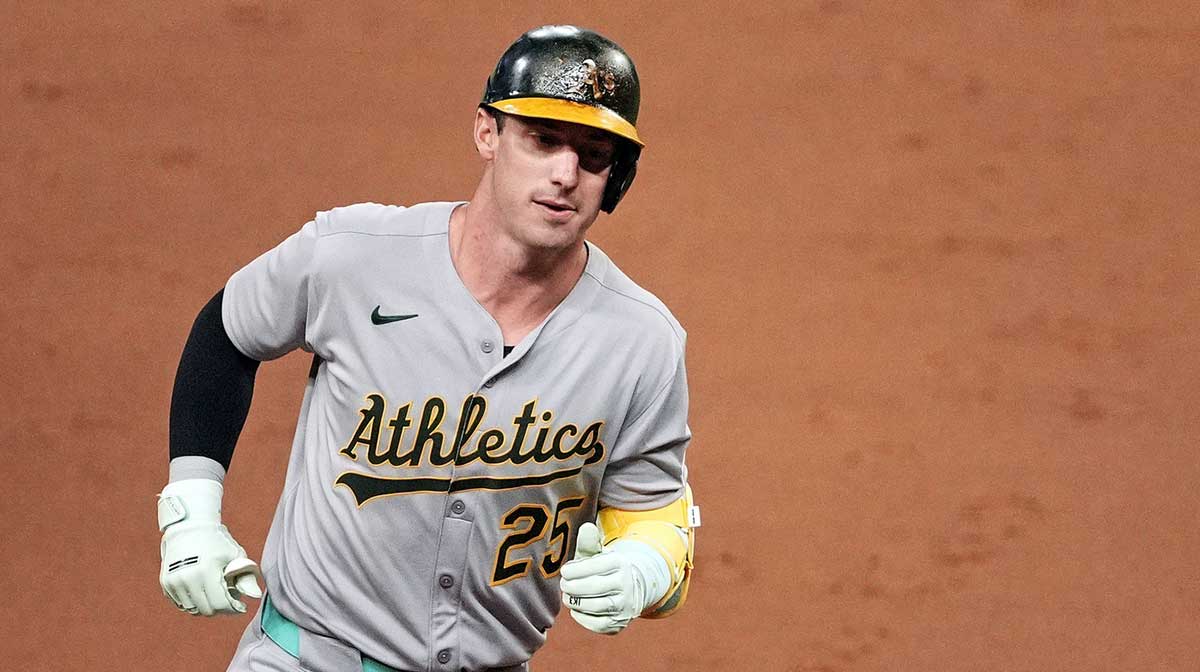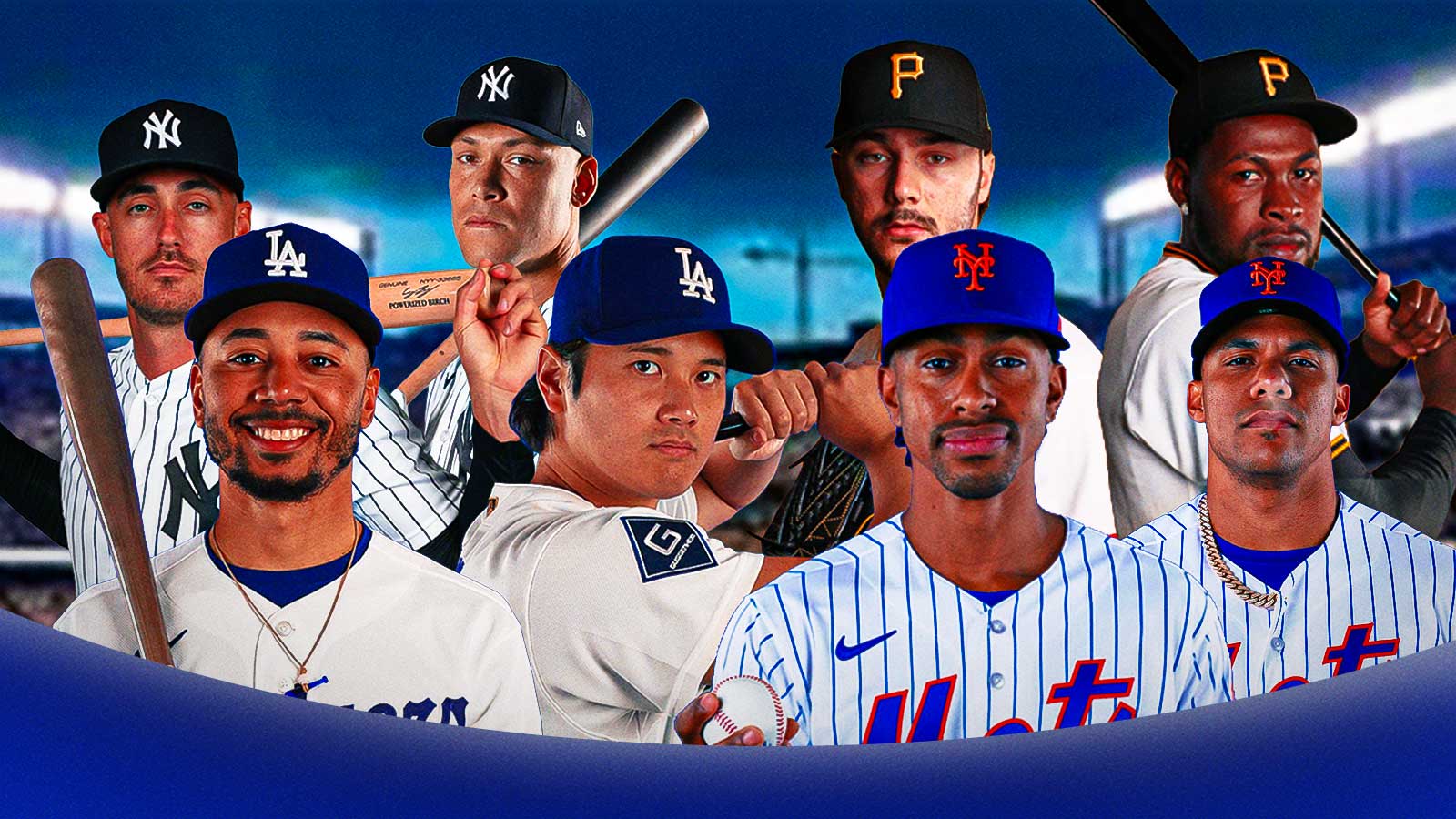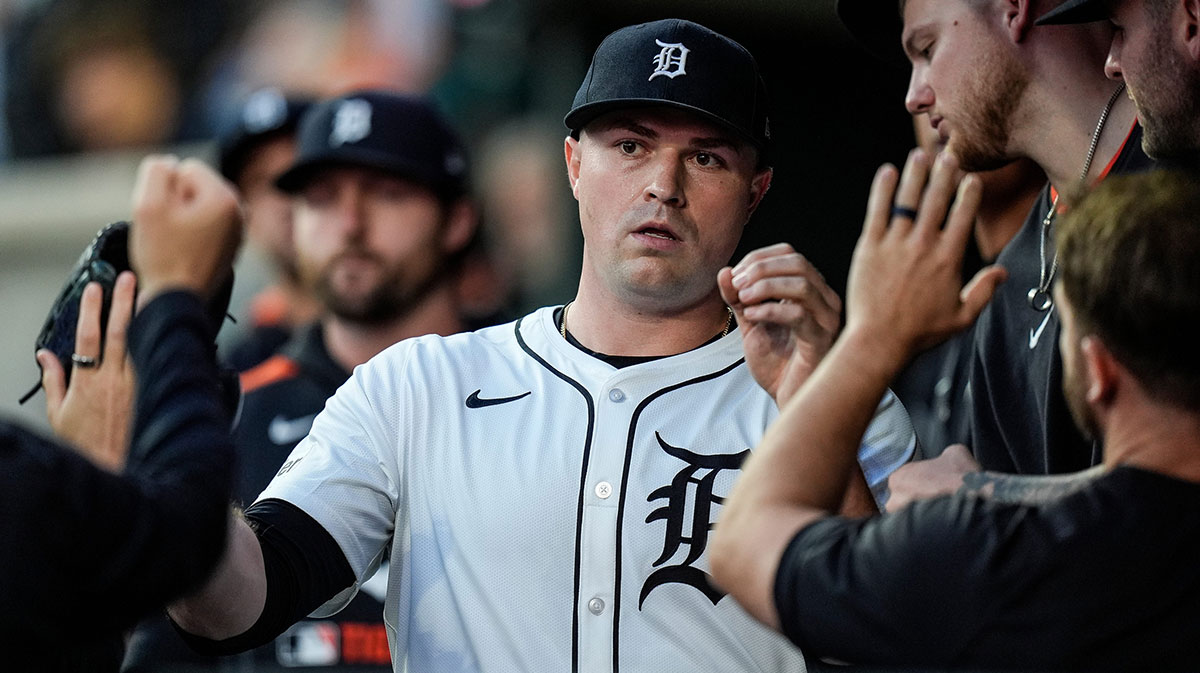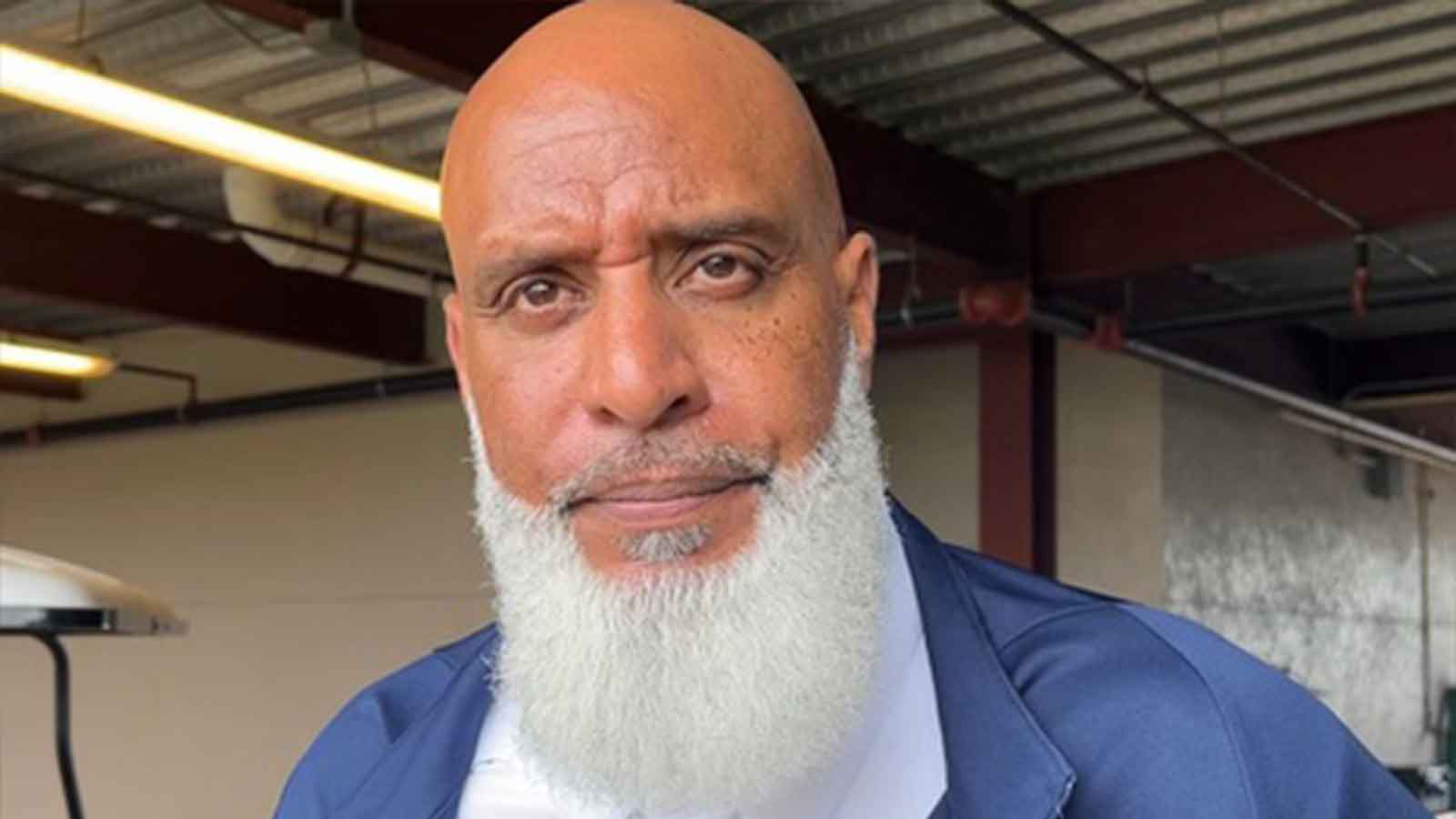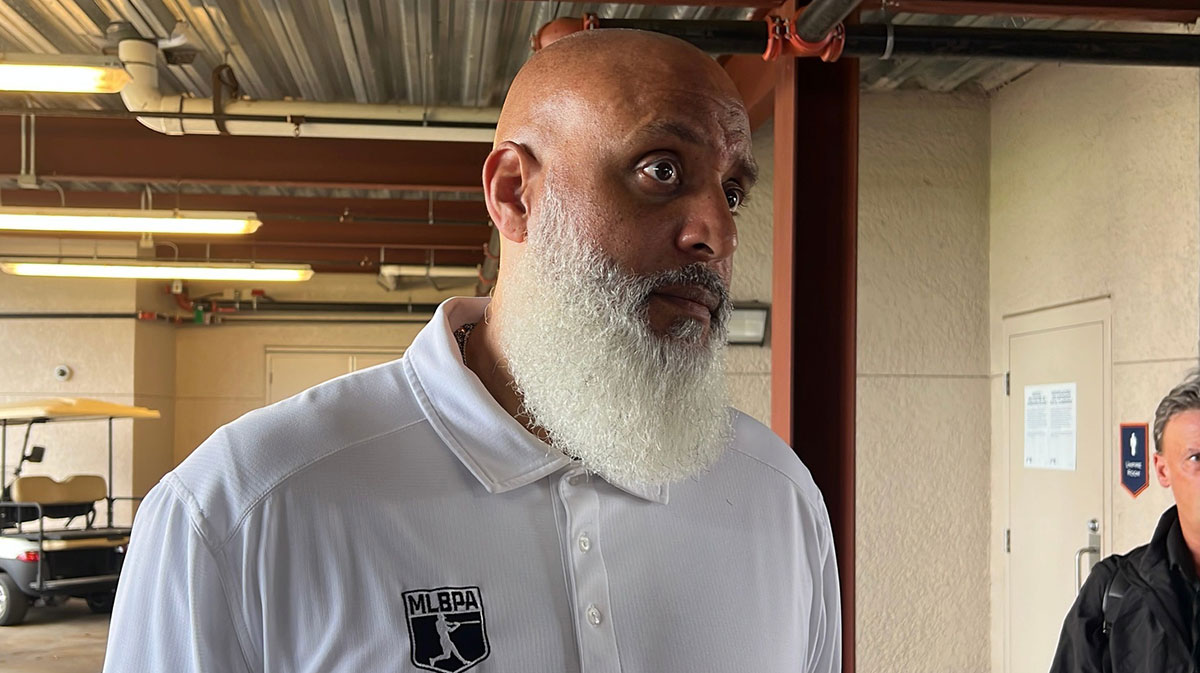Major League Baseball (MLB) appears headed toward a lockout after the 2026 season, and reportedly, the league's owners are about 75% of the way there already.
While MLB's owners and players union theoretically have plenty of time to discuss matters and come to a resolution before the current collective bargaining agreement (CBA) expires in December 2026, USA Today's Bob Nightengale reported that a good chunk of owners are already prepared to lock out the players if necessary.
“It’s [sic] remains unknown how firm MLB’s stance will be seeking a salary cap in the next collective bargaining agreement, but one owner believes they have 75% of the votes needed to call for a lockout if the current system isn’t changed after the 2026 season,” Nightengale wrote.
“While the players union insists it would never approve a salary cap, several club executives believe a potential viable alternative would be to strip teams of valuable draft picks instead of simply penalizing teams monetarily.”
MLB remains the only major North American sports league without a salary cap; each of the other four leagues (NFL, NBA, NHL, and MLS) has had a salary cap in place for at least 20 years. In its place, MLB utilizes a competitive balance tax, which, like the NBA, effectively taxes high-spending teams. Still, it has not been enough to dissuade some of the large-market clubs from spending in excess, as the Dodgers' total payroll, tax included, is more than $550 million, according to Spotrac. The figure is more than 6.5 times that of the Miami Marlins, who, along with the Chicago White Sox, are the only teams in MLB with a total less than $90 million.
MLB players were last locked out during a three-month span from December 2021 and March 2022. While MLB managed to keep its 162-game schedule for the 2022 season, it had to shorten spring training and postpone Opening Day by about a week.
Before that, MLB endured a nearly eight-month lockout in 1994 and 1995, which ultimately ended the 1994 season, forced the cancellation of the 1994 World Series, shortened the 1995 season, and caused massive resentment from fans who remained bitter at the players and owners for the longest work stoppage in MLB history.
In addition to a salary cap, the two sides face an uncertain future in regards to regional sports networks (RSNs) and MLB's national television coverage after longtime broadcast partner ESPN opted out of the final three years of its deal with MLB following this season.

